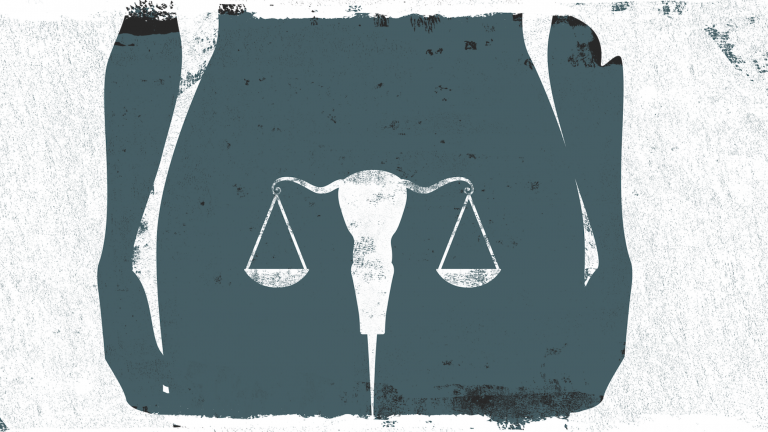By Harleen Dhillon
How free is America when laws regulate and harm the state of healthcare for women? With the overturning of Roe v. Wade, many women with pregnancy-related cancers will be unable to terminate their pregnancies, which can lead to health risks—even death. Jordyn Silverstein and Katherine Van Loon, two researchers at UCSF, discuss the implications of the new laws being implemented as a result of the overturning of Roe v. Wade and the impact these will have on women’s reproductive health. Twenty-six states are estimated to ban abortions or decrease access to safe abortions even in instances where the mother’s life is at risk. With these new laws, physicians and patients with pregnancy-affected cancers (PACs) will be placed in difficult positions to decide what steps should be taken in the pregnancy to ensure both the patients’ and baby’s health. PACs are an ongoing illness that will continue to affect women who are pregnant, and therefore it is important that we can ensure their right to safe and equitable healthcare.
Between nine and twenty percent of women with PACs require their pregnancy to be terminated in order to avoid the cancer spreading and ultimately leading to death. In many cases, the life of the mother is at risk due to the pregnancy. As a result, doctors will recommend terminating the pregnancy to save the life of the mother. But with the new developments in the overturning of Roe v. Wade, the option to terminate a pregnancy is being taken from groups of women.
With PACs, the decision to terminate the pregnancy is decided upon through a multi-disciplinary approach that takes 4 primary things into consideration: the diagnosis stage and prognosis of the mother, the embryo or fetus’s gestational stage, the therapeutic plan, and the beliefs of the mother. Many doctors are now forced to reevaluate how they would typically navigate different cases of PACs, as many states have completely abolished abortions. With the diagnosis and prognosis of a mother’s cancer, doctors look at the type of cancer and the degree of its severity. In many cases, the pregnancy itself has no bearing on the chances of survival; however, many hormones associated with pregnancy have the potential to progress specific types of cancer. The doctors have to assess what stage of pregnancy the mother is at to determine if oncologic care could affect the baby’s health. They might recommend a preterm birth, but this could also put the baby’s life at risk. Based on the stages of cancer and the pregnancy, the doctors compare different treatment plans and try to find which would maximize the health of both the mother and the baby. Ultimately, the weight of the choice is on the mother, and what their belief system leads them to feel is the best choice.
The medical decision to abort a pregnancy is dictated by individual state laws, which disallow oncologists in states where abortions are abolished to provide this choice for their patients. Forty-one percent of the births in 2020 were in the twenty-six US states that are likely to ban abortions, and it is estimated that 1500 women will be diagnosed with a PAC within the next year. Of these women, only a select group will have the choice to terminate their pregnancy to protect their own health.
Medical professionals are making many cases and debating under what circumstances the pregnancies need to be terminated and what steps need to be taken to protect this healthcare right for women. PACs are an ongoing illness that will continue to affect women who are pregnant. It is thus critical that we can ensure that their healthcare rights are guaranteed, and their lives will not be on the line if they are pregnant.





